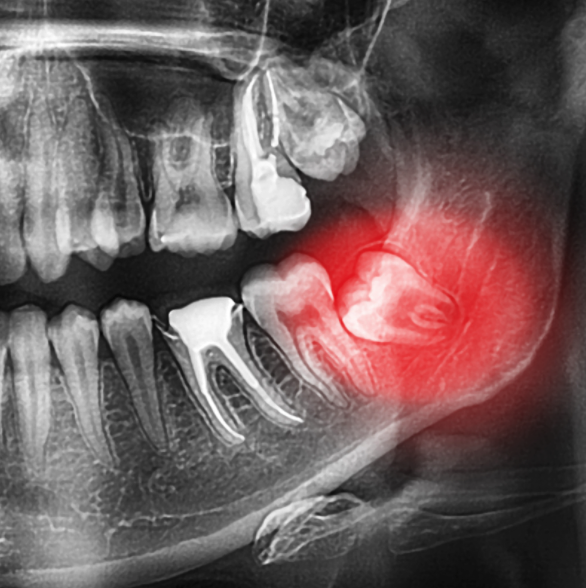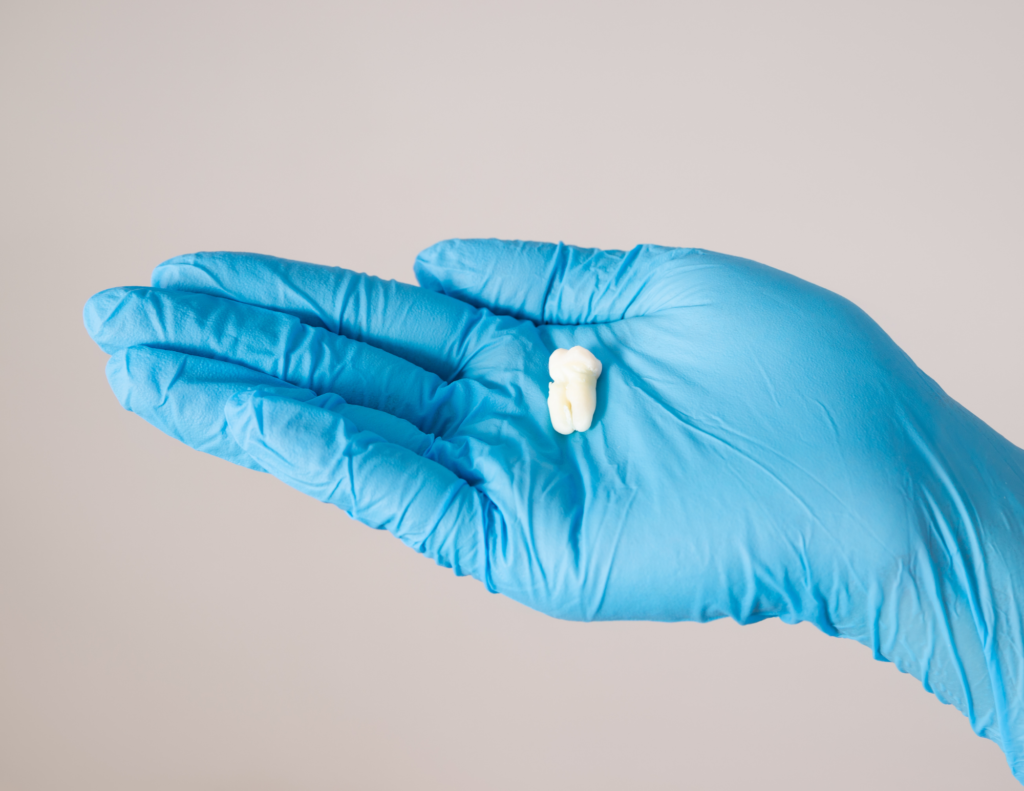
Every year 5 million people get their wisdom teeth removed. But, according to the Dental Research Journal, 5-37% of Americans are missing one or more of their wisdom teeth. So no, not everyone has wisdom teeth.
Why Do We Have Wisdom Teeth?

If we just remove wisdom teeth, why do we have them anyway? This is a good question and the short answer is they are used to serve a purpose.
A few thousand years ago wisdom teeth were extremely valuable to our ancestors. Early humans had a different diet than we do today. Today, humans eat softer foods and have forks and knives to better cut down their food. Early humans ate rough foods that required a lot of chewing. These foods included seeds, nuts, roots, and tough uncooked meats. The back molars or wisdom teeth helped them break down their food.
It was vital that new teeth came in during their adult lives because of all the wear and tear their teeth went through. Today we have toothbrushes and know the importance of good oral health, early humans did not. Back then It was vital that new teeth came in during their adult lives because of all the wear and tear their teeth went through.
As time went on we got a little smarter. Humans figured out that cooking their food made it easier to eat. All of a sudden their big powerful jaws no longer served a purpose. In addition to their large jaws not serving a purpose, their brains started to get bigger as they became more advanced. The space for the brain was taken from the jaw.
Eventually, through evolution, our jaws got smaller but all our teeth stayed. This is why there is no room for our wisdom teeth and why wisdom teeth grow crooked. They cannot grow properly because there is simply not enough room. This can cause pain and discomfort, which is why most people get their wisdom teeth removed,
Why Don’t Some People Have Wisdom Teeth?

Why do some people not have wisdom teeth? The answer is that no one really knows for sure. No one can be sure why some people don’t have wisdom teeth but some factors include genetics, environment, and diet. Chances are that if your parents don’t have wisdom teeth, you won’t have them either. So, if you are the lucky ones out there who don’t have wisdom teeth, you can thank evolution and your genetics.
When Do Wisdom Teeth Come In?

For those of us who aren’t lucky enough to not have wisdom teeth will most likely have to get them removed at some point. Wisdom teeth usually come in between the ages of 17-21. Here are a few signs signs that your wisdom teeth are coming in:
- Gum irritation
- Bleeding gums
- Bad breath
- Unpleasant taste in the mouth while eating
- Jaw pain
- Swelling around the jaw
- Difficulty opening your mouth
- Swollen lymph node in the neck
If you are experiencing any of these symptoms it may be time to get your wisdom teeth removed. At Simply Wisdom Teeth we can’t speed up the process of evolution but, we can remove your wisdom teeth.
To set up an appointment or if you have any questions about wisdom teeth removal, contact us!
